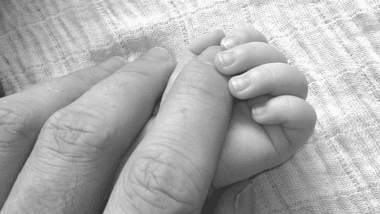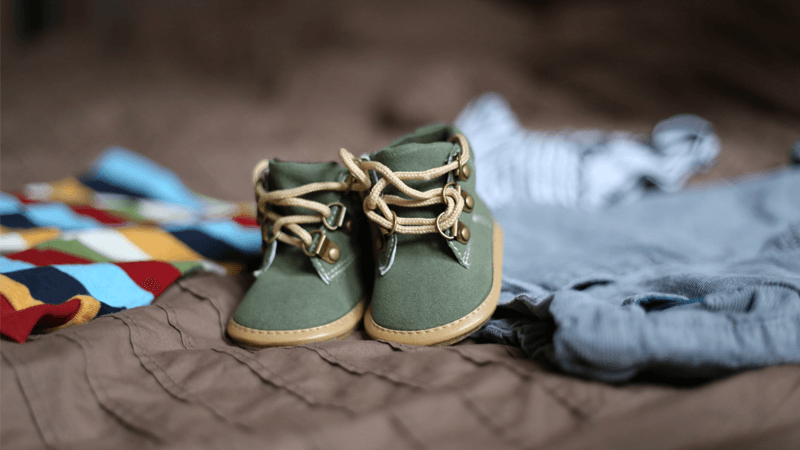Eight genetically modified children have been born in the UK using the ‘three-parent IVF’ technique, it has been revealed.
According to research papers published in the New England Journal of Medicine, 22 families have undergone mitochondrial donation at the Newcastle Fertility Centre. In addition to the eight babies already born, another mother is currently pregnant with an unborn child.
The first baby born since the Human Fertilisation and Embryology (Mitochondrial Donation) Regulations came into effect in 2015 is now two years old.
Complications
Mitochondria are special compartments or organelles found in every human cell. They are inherited from the mother’s egg, provide energy for the cell and contain mitochondrial DNA. The role of mitochondria is not fully understood, but when they malfunction they can, in rare cases, cause serious illness.
The mitochondrial donation technique used, which involves the destruction of human embryos, fertilises two eggs with the father’s sperm – one from the prospective mother, and one from a donor with healthy mitochondria. Genetic nuclear material in the donor’s egg is then replaced by that from the parents’ fertilised egg, resulting in a child with DNA from three parents.
Three of the eight children were nevertheless born with low levels of the mitochondrial issues the technique was supposed to prevent.
‘Worrying’
Dr Heidi Mertes, Associate Professor in Medical Ethics at Ghent University, Belgium, said the complications are “a call for caution and treading carefully”.
“As long as they don’t understand what’s happening, I would still be worried”.
a call for caution and treading carefully
The Christian Institute’s Director Ciarán Kelly warned that more problems with the experimentation may only be known in “generations to come”, while children created through the process are still at risk from serious diseases.
“Instead of screening out those deemed less worthy of life, we should be focusing on adult stem cell research which offers real hope to those suffering from mitochondrial diseases.”

Scientists call for ‘easy access’ to human embryos for experimentation
Fertility watchdog wants ethical ‘blank cheque’ on human embryo research

